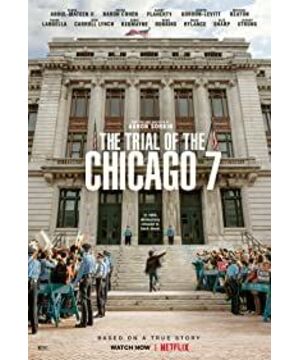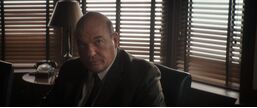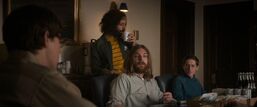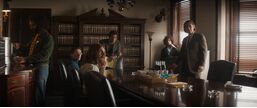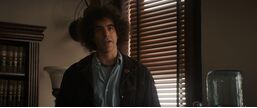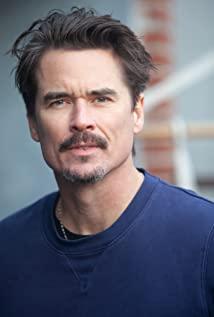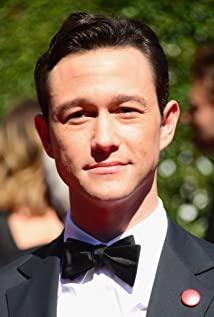Alan Sorkin wrote the script for Spielberg 13 years ago, when the devil knew there was actually a Trump in America. The original intention was just anti-war, after all, the United States was deeply involved in the Middle East and Afghanistan at that time. Therefore, the finished film is still anti-war as an introduction, including the final climax, but inside and outside the big mouth of the basic system of the United States. Especially the kind-faced judge, who blows the black whistle, is no worse than the referee of the Chinese Super League. It is also a strange thing about the role of judges in Hollywood movies. Of course, what is even more strange is the description of American judges in other countries' movies. With a clear theme, the follow-up is a technical problem. Because Anglo-American courtroom dramas rely on lines. Characters are very important, but it is good for characters to make oppressive changes in the environment, but it should not be too overwhelming. An example of a bit of failure is the jury in South Korea. The characters are too proactive, but there is a feeling of a lone hero pushing the times. Obviously, the screenwriter noticed this. Although 7 people were set up in three different camps, and several of the characters were very outstanding, they did not get too entangled in internal contradictions, and just focused on the theme of disgusting American law. This kind of film with a particularly clear purpose can be called the theme first, but the theme is the ultimate in the film. Write only one nucleus, and brush everything that explodes outside with two strokes, and then skip it. Rough and simple, but for the liberal middle class. What's even more amazing is that the scolding of the American establishment is actually in line with the recent national sentiment in China. The ghost knows if those people understand it.
View more about The Trial of the Chicago 7 reviews


